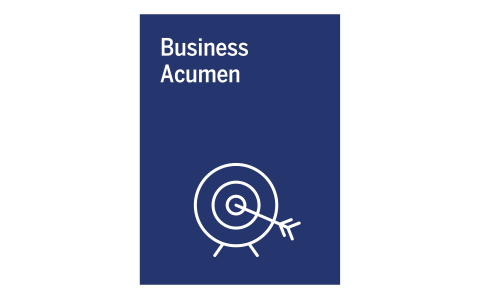Has the discussion of resources and the absence of funding stalled your internationalization efforts?
Resource constraint—limited staff, funds, and programs—is a reality that most, if not all, higher education campuses face. Adding one more initiative to the distribution of these finite resources can be a barrier to successful internationalization. For internationalization to succeed, campuses must build a strategy that weaves internationally into campus culture, promotes the strategic use of existing resources before seeking new sources of revenue, and leverages resources in creative ways.
In this e-Learning Seminar, John Hudzik, Ph.D., and Penelope Pynes, Ph.D., offer a model, set of steps, and best practices to help you better utilize and grow the people, budgets, and programs working together toward internationalization at all types of higher education institutions. Hudzik and Pynes provide insights into how dual-purposing of existing resources, improving practices, and building a case for new resources can have a large impact on your resources. They also discuss revenue sources and budget considerations to help you extend your cache of resources. The model presents a three-part strategy that builds resource acquisition by tapping into existing institutional capacity, attracting new resources, and developing an institutional culture for widespread support of internationalization.
Learning Outcomes
- Expand ownership to spread the costs associated with internationalization.
- Connect internationalization to institutional missions and fold internationalization into the planning of budgets and resource allocation and distribution.
- Align your strategies to attract and connect to both new and existing resources.
Presenters
John K. Hudzik, PhD
Michigan State University
NAFSA Senior Scholar for Internationalization
John K. Hudzik served as dean of international studies and programs at Michigan State University for 10 years, followed by five years as vice president for global engagement and strategic projects, before serving as acting university provost and vice president of academic affairs. Hudzik currently is NAFSA’s Senior Scholar for Internationalization. He has served on numerous international policy and advisory boards related to international development, regional and language studies, and the internalization of higher education. A preeminent commentator and speaker at U.S. and international conferences on the direction of global higher education, he publishes frequently on the topic. Hudzik is a recognized scholar in international education and higher education internationalization and is the recipient of a number of awards for his scholarly work. He is the past president and chair of NAFSA’s Board of Directors and the past president of the Association of International Education Administrators (AIEA).
Penelope “Nell” J. Pynes, PhD
University of North Carolina-Greensboro
As associate provost for international programs, Penelope Pynes leads the internationalization efforts at the University of North Carolina-Greensboro. Since 1995, she has worked to promote student/faculty exchange at UNCG and in the state. She piloted the Baden-Württemberg state-to-state program, which led to the establishment of UNC’s systemwide exchange program housed at UNCG. In 2005, she represented the UNC system in an administrative exchange at the Ministry of Science and Arts in Baden-Württemberg. Pynes facilitates and presents workshops in the areas of leadership and strategic planning, among other topics, preparing faculty and students for successful experiences abroad. She currently is chair-elect of NAFSA’s International Education Leadership Knowledge Community and serves on the Executive Committee of the Association of International Education Administrators (AIEA). She is a former Fulbright scholar to Heidelberg, Germany. Pynes earned her master’s degree from the University of Alabama and a doctorate in Germanic linguistics from the University of North Carolina-Chapel Hill.
Ready to start learning?
Ready to start learning? When you register, you will have 60 days to experience your content when it's convenient for you! Look for your access link in your registration receipt, on your MyNAFSA page, or by going directly to the learning portal.
For details on registering and accessing, review the FAQ page.
Build Your Competencies
NAFSA International Education Professional Competencies 2.0 outline the abilities, skills, and foundational knowledge necessary for successful international educators. Learn more about NAFSA Competencies 2.0.
This learning content targets the competency category of Business Acumen.

